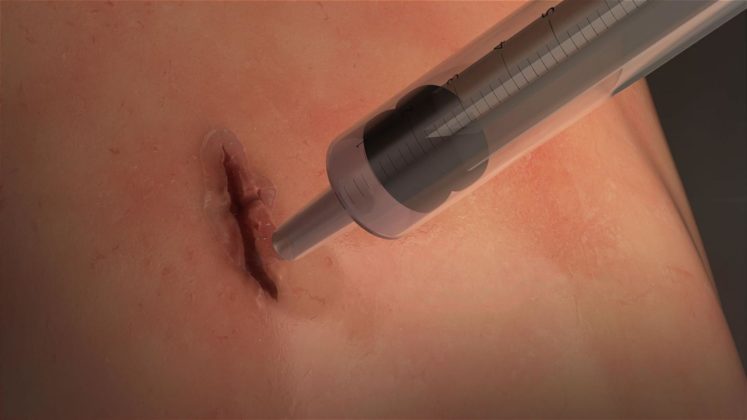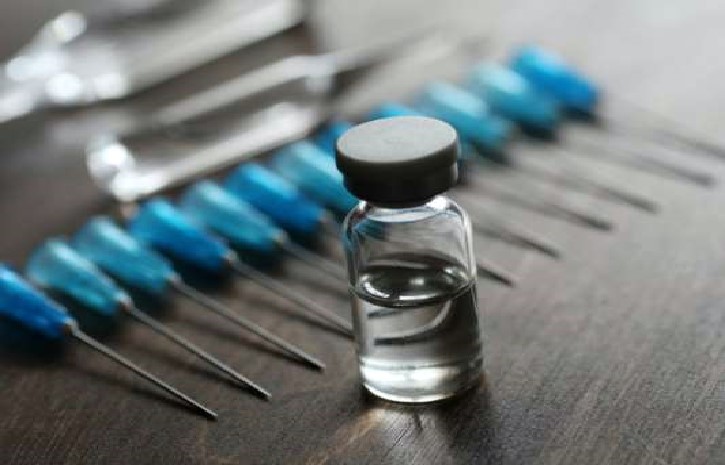Generally, Doctors utilizes staples or sutures to heal open wounds or to close them. Though, these methods aren’t much successful in sealing the wound completely. It’s even risky especially in case of internal injuries such as lungs that move around a lot. Recently formed sealants are proficient of providing a panacea to these complications, but they still aren’t able to meet the need of the effective surgical device.
As Engadget reports that in the present time, scientists are the genius to develop a unique type of sealant that is actually capable of providing the most cohesive solution to close the open wounds. According to one of the authors on the study, Nasim Annabi who belongs to Northeastern University said that a good surgical sealant should have a combination of certain characteristics such as it needs to be adhesive, elastic, biocompatible and non-toxic.
He further adds that the most sealants which are available in the market possess one or two of these features, but not all of them. They begin to make a material that could have all these certain properties.
There is a new type of super-glue known as MeTro that is particularly designed to be biocompatible, as it is made of proteins just similar to those which are available in elastin in humans. Making some changes in the concentrations of those proteins permitted the team to produce the sealant in a diversity of elasticities. Researchers say that the MeTro is vastly efficient and it is quite able to set in as little as 6- seconds with the help of a UV light.
The researchers’ team tested the new sealant in rats by applying it to incisions in arteries and punctures in lungs. The sealant is also used to seal the wounds in pig lungs and it is done even after regular inflations and deflations. So now the next step is to test it on human wounds.
The co-author of the study, Anthony Weiss from the University of Sydney states that the potential applications are very powerful, from treating grave internal wounds at emergency sites; for example, car accidents and in war zones, as well as humanizing hospital surgeries.

Carolyn is a technology graduate and loves to write about anything related to technology as well as writes in others sectors. Carolyn is a professional writer with over 7 years of experience. Initially starting off as a programmer, Carolyn decided to combine her knowledge about technology and writing and that’s how she joined Reporter Expert.



